♣ Italian Footballers' Association
The Italian Footballers' Association (Italian: Associazione Italiana Calciatori), also referred to by the acronym AIC, is the association for footballers in Italy. It was established in 1968 and currently has 4,500 members, of which 2,500 are professionals.
The aims of the AIC (Associazione Italiana Calciatori) are to protect, improve and negotiate the conditions, rights and status of all professional players by collective bargaining agreements.
▲ AIC Emblem

▼ Connection Pages
History
The AIC was founded in Milan, on 3 July 1968. Among the charter members there were notable footballers, such as Giacomo Bulgarelli, Sandro Mazzola, Gianni Rivera, Ernesto Castano, Giancarlo De Sisti, Giacomo Losi and Sergio Campana. The latter, who is also a lawyer and had retired from football a year before, was appointed president of the association. Campana held the position for 43 years, before announcing his intention to step down in April 2011. Former footballer Damiano Tommasi was officially appointed as the new president on 9 May 2011.
Gran Galà del Calcio
The Gran Galà del Calcio AIC is an event organised by the Italian Footballers' Association (AIC) in order to reward players, managers and referees who have been considered to have performed the best over the previous Serie A season. The winners of the awards are chosen by the league's footballers. It replaced the Oscar del Calcio AIC in 2011, which had occurred since 1997.
♣ Capocannoniere (Top scorers)
The capocannoniere award (Italian: [ˌkapokannoˈnjɛːre]; lit. 'head gunner'), known as Paolo Rossi Award since 2021, is awarded by the Italian Footballers' Association (AIC) to the highest goalscorer of each season in Italy's Serie A from the 2010–11 season, when it was called the AIC Award to the Top Scorer (Italian: Premio AIC al Capocannoniere in Italian). The award is currently held by Lautaro Martínez, who scored 24 goals for Internazionale in the 2023–24 season.
The highest number of goals scored to win the Capocannoniere is 36, by Gino Rossetti for Torino in 1928–29, Gonzalo Higuaín for Napoli in 2015–16 and Ciro Immobile for Lazio in 2019–20. Ferenc Hirzer, Julio Libonatti and Gunnar Nordahl are in joint fourth place for this record; they each scored 35 goals for Juventus, Torino and Milan respectively.
Gunnar Nordahl of Milan has won the title of capocannoniere five times: 1949–50, 1950–51, 1952–53, 1953–54 and 1954–55, more than any other player in the history of Italian championship.
▲ Lautaro Martínez (2023–24 Win)
♣ Serie A Footballer of the Year
The AIC Serie A Footballer of the Year (Italian: Migliore calciatore assoluto AIC) is a yearly award organized by the Italian Footballers' Association (AIC) given to the footballer who has been considered to have performed the best over the previous Serie A season. The award is part of the Gran Galà del Calcio (formerly known as the "Oscar del Calcio AIC") awards event. Juventus players have won the most awards with twelve. Zlatan Ibrahimović and Andrea Pirlo have won the award the most times (3), with Pirlo's wins coming consecutively.
History
The inaugural award, given at the "Oscar del Calcio AIC" ceremony, was presented after the conclusion of the 1996–97 Serie A season to forward Roberto Mancini of Sampdoria. The following edition was won by Brazilian striker Ronaldo; during his first season with Inter Milan, he scored the second-most goals in Serie A, and the most in the UEFA Cup, which Inter won. The next two recipients of the award were Lazio's Christian Vieri, and Roma's Francesco Totti.
Zinedine Zidane won the award with Juventus in the 2000–01 season, becoming the first Frenchman to do so. The following season, compatriot David Trezeguet won the award with the same club, the first time a player won the award while his team won the league in the same season. The seventh edition of the award, in the 2002–03 season, was the first and only time that two players won the award jointly: Czech Republic midfielder Pavel Nedvěd, who won the league with Juventus, and Francesco Totti, who became the first player to win the award for a second time after scoring the most goals for his club that season. Kaká won the award the following season, his debut season for AC Milan. In the 2004–05 season, Alberto Gilardino won the award after scoring 24 goals, including the winning goal in a playoff that kept his club Parma from being relegated to Serie B.
In the 2005–06 season, Fabio Cannavaro became the first defender to win the award. He also won the FIFA World Player of the Year and the Ballon d'Or that season after he was signed by Real Madrid from Juventus midway through 2006 in the wake of the Calciopoli scandal that saw the club stripped of their title and relegated to Serie B. Kaká won the award the following season for the second time in three years after also winning the FIFA World Player of the Year.
Zlatan Ibrahimović won the award for the next two seasons with Inter, as the club also won the league on each occasion. In 2008–09, the second season he won the award, he became the first player to win the award after winning the Capocannoniere award for the league's top scorer. Before the 2009–10 season, Ibrahimović left Inter for Barcelona, replaced by Diego Milito who won the award that season, scoring the second-most goals as Inter won the league again. Ibrahimović was loaned to Milan for the following season, where he won the award for a third time as Milan won the league.
Andrea Pirlo then equalled Ibrahimović's record of wins, winning the award for the next three seasons with Juventus, his first three seasons with the club after signing from Milan in the 2011–12 season, as the club also won the league on each occasion. In his debut season, Pirlo created over 100 chances and completed 2643 passes that season, with an 87 per cent pass completion rate, completing 500 more passes than any other player in Serie A; the only player in the world to have completed more passes than him that season was Xavi. Teammate Carlos Tevez then won the award in the 2014–15 season, his last season with the club, and one where he was the club's top scorer with 20 goals. In the 2015–16 season, another Juventus player won the award, Leonardo Bonucci, becoming only the second defender to do so. The following season, Juventus teammate Gianluigi Buffon became the first goalkeeper to win the award. As Juventus secured their sixth consecutive Serie A title, establishing an all-time record of successive triumphs in the competition, Buffon equalled Virginio Rosetta, Giovanni Ferrari, and Giuseppe Furino as the player with the most Italian league title victories (8).
In the 2017–18 season, Inter player Mauro Icardi won the award, ending the six-year winning streak of Juventus players. He was the joint top scorer in the league alongside Lazio's Ciro Immobile (29), despite Juventus winning the league again. Juventus player Cristiano Ronaldo would then win the award for the next two seasons. In the 2018–19 season, he became the highest ever transfer for an Italian club with his €100 million transfer from Real Madrid to Juventus. In 2019–20, the second season he won the award, he scored the second-most goals in the league, while being the top scorer for his club once again (31). In the 2020–21 season, Romelu Lukaku won the award after winning the Scudetto with Inter, ending a nine-year long streak by Juventus. In the 2021–22 season, Portuguese striker Rafael Leão won the award after contributing to AC Milan's first Italian Serie A title in 11 years. In the subsequent 2022–23 season, Nigerian striker Victor Osimhen claimed the award for his contributions to Napoli's first Italian Serie A title in 33 years, emerging also as the league's top scorer during the season.
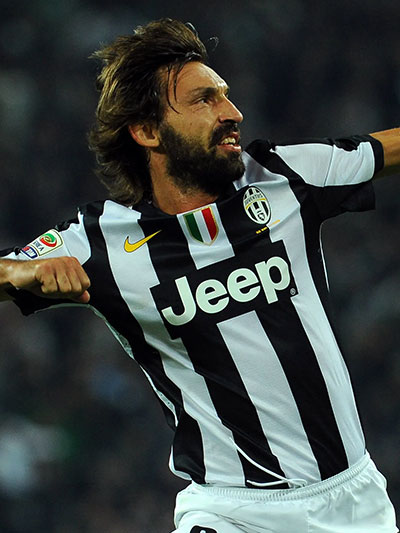
▲ Andrea Pirlo (Men's Multiple Win)
▲ Tabitha Chawinga (Women's 2023 Win)
♣ Serie A Goalkeeper of the Year
The AIC Goalkeeper of the Year (Italian: Migliore portiere AIC) was a yearly award organized by the Italian Footballers' Association (AIC) since 1997 to 2010 as part of the Oscar del Calcio awards, given to the goalkeeper who had been considered to have performed the best over the previous Serie A season.
Since 2011, a goalkeeper is chosen as part of the Serie A Team of the Year award within the Gran Galà del Calcio awards event.
▲ Gianluigi Buffon (Multiple Win)
♣ Serie A Coach of the Year
The AIC Serie A Coach of the Year (Italian: Migliore allenatore AIC) is a yearly award organized by the Italian Footballers' Association (AIC) given to the coach who has been considered to have performed the best over the previous Serie A season. The award is part of the Gran Galà del Calcio (formerly known as the "Oscar del Calcio AIC") awards event. Juventus coaches have won the most awards, with eleven. Only two non-Italians have won the award: Sven-Göran Eriksson of Sweden became the first in 2000 while José Mourinho of Portugal was the first foreign coach to win the award twice. Massimiliano Allegri and Antonio Conte have each won the award a record four times.
History
The inaugural award, given at the "Oscar del Calcio AIC" ceremony, was presented after the conclusion of the 1996–97 Serie A season to Marcello Lippi who had led Juventus to the title, winning Serie A by two points ahead of Parma. Juventus also won the 1996 UEFA Champions League Final that year, against Ajax. Lippi retained the Coach of the Year award the following season, when Juventus secured the domestic title again, yet lost the Champions League Final to "perennial German underdogs" Borussia Dortmund. Milan, led by Alberto Zaccheroni, won the league in the 1998–99 season, and he became the second individual recipient of the Coach of the Year award. Sweden's Sven-Göran Eriksson managed Lazio to their first league title since 1974 when they topped the league in the 1999–2000 season. Further success in both the UEFA Super Cup and the Coppa Italia ensured that Eriksson was named the first non-Italian Serie A Coach of the Year.
Carlo Ancelotti won the award with Juventus in the 2000–01 season, becoming the first coach to do so despite having not won the league, finishing runners-up behind Roma by two points. The following season, a fifth-place finish from newly promoted Chievo, and subsequent qualification for the 2002–03 UEFA Cup, ensured the Coach of the Year was awarded to Luigi Delneri. Lippi became the first coach to win the award on three occasions following the 2002–03 season – he led Juventus to win Serie A, the Supercoppa and to a narrow defeat (on penalties) in the first all-Italian Champions League Final. The 2003–04 season saw Milan claim their first Serie A title in five years, finishing eleven points ahead of nearest rivals Roma. Milan's coach, Ancelotti, was presented with his second Coach of the Year award in four seasons. Fabio Capello won the award following the 2004–05 season in which he led Juventus to league success. He later resigned in the wake of the Calciopoli match-fixing scandal and Juventus were stripped of their title and relegated to Serie B.
Luciano Spalletti, the Roma coach, won the award for the next two seasons. Roma finished fifth in the 2005–06 season but were later elevated to second following the disqualification of clubs after the Calciopoli scandal. Roma also made it to the final of the Coppa Italia but were defeated 4–1 on aggregate by Internazionale. In the 2006–07 season, Spalletti led Roma to runners-up in Serie A and to win the Coppa Italia. A fourth place league finish for ACF Fiorentina and an appearance in the semi-finals of the 2007–08 UEFA Cup saw Cesare Prandelli as recipient of the Coach of the Year award in 2008. Portuguese coach José Mourinho became the second non-Italian to win the award when he led Internazionale to the Serie A title in the 2008–09 season, along with victory in the 2008 Supercoppa Italiana. He retained the award after the following season in which Internazionale not only retained their domestic title but won the Coppa Italia and the Champions League.
Milan appointed Massimiliano Allegri as their new coach for the 2010–11 season. Having led the club to league success and the semi-finals of the Coppa Italia, he was awarded the Coach of the Year title, presented at the "Gran Galà del Calcio" which replaced the previous ceremony. The following season, another newly appointed manager won the award. Former player Antonio Conte succeeded Delneri as Juventus manager and led the club to their first league title in nine years, along with a losing appearance in the final of the Coppa Italia. Conte won the Coach of the Year award the following two seasons – Juventus defended their league title in the 2012–13 season along with winning the Supercoppa, and repeated that feat in the 2013–14 season. Leaving to manage the Italy national team, Conte was replaced by Allegri who secured the league title, the Coppa Italia, and runners-up spots in both the Supercoppa and the Champions League. Allegri led Juventus to their fifth consecutive Serie A title in the 2015–16 season, also winning both the Supercoppa and the Coppa Italia, and retained the Coach of the Year trophy.
In the 2016–17 Serie A, Maurizio Sarri led Napoli to a convincing third place, scoring the most goals in the league and obtaining the club's record points tally up to that point (83), which earned him the award. The following year, the Coach of the Year title went back to Allegri for a record fourth time, having won his fourth double (Scudetto and Coppa Italia) with Juventus. In the 2018–19 season, another non-title winner manager, Gian Piero Gasperini, was awarded following a season where Atalanta reached the Coppa Italia final after 23 years, though losing to Lazio, and qualified to the Champions League for the first time in their history. Gasperini won the award again the following season after having achieved Atalanta's highest points tally ever in Serie A (78). In the 2020–21 season, Antonio Conte won the award (his fourth in total) after having led Inter Milan to the Scudetto win, breaking an eleven-year draught of championships for Inter and ending a nine-year long streak by Juventus.
In the 2021–22 season, Italian coach Stefano Pioli won his first award after leading AC Milan to their first Italian Serie A title in 11 years. In 2022–23 season, Luciano Spalletti received his third award for bringing the Scudetto back to Napoli after a 33-year gap since their previous victory.
▲ Massimiliano Allegri (Multiple Win)
♣ Serie A Men's & Women's Team of the Year
The AIC Serie A Team of the Year (in Italian: Squadra dell’anno AIC) is an annual award given to a set of eleven footballers in the top tier of Italian football, the Serie A, who are considered to have performed the best during the previous calendar season. It is awarded within the Gran Galà del Calcio event.
The award has been presented since the 2010–11 season. The shortlist is compiled by the members of the players' trade union, the Italian Footballers' Association (AIC).
♣ Serie A Goal of the Year
▲ Théo Hernandez (Men's 2022 Win)
▲ Manuela Giugliano (Women's 2023 Win)
♣ Serie A
The Serie A Awards (Italian: Premi Lega Serie A) are awarded by the Lega Serie A to the best footballers of each Serie A football season. They were first awarded at the end of the 2018–19 Serie A season.
History and regulations
The Serie A Awards are awarded under the categories of Best Goalkeeper, Best Defender, Best Midfielder, Best Striker, Best Young Player (Under-23), and Most Valuable Player of a particular Serie A, Coppa Italia, and Supercoppa Italiana season.
The ranking for each category is determined through a weighted calculation elaborated by Ernst & Young, based on statistical reporting by Stats Perform and Opta Sports and supported by data tracking provided by Netco Sports.
In the 2021–22 edition, the Most Valuable Field award for the best football pitch and the Most Valuable Coach were introduced.
♣ Most Valuable Player
▲ Khvicha Kvaratskhelia (2022–23 Win)
♣ Best Young Player
▲ Nicolò Fagioli (2022–23 Win)
♣ Best Striker
▲ Victor Osimhen (2022–23 Win)
♣ Best Midfielder
▲ Nicolò Barella (2022–23 Win)
♣ Best Defender
▲ Kim Min-jae (2022–23 Win)
♣ Best Goalkeeper
▲ Ivan Provedel (2022–23 Win)
▶ Serie A Go page
 Premier League
Premier League La Liga
La Liga Bundesliga
Bundesliga Serie A
Serie A Ligue 1
Ligue 1 Liga Portugal
Liga Portugal Eredivisie
Eredivisie Süper Lig
Süper Lig MLS
MLS Série A
Série A J1 League
J1 League Saudi Pro League
Saudi Pro League WSL
WSL Première Ligue
Première Ligue NWSL
NWSL







 Chapter 11. Records & Awards > Serie A (AIC) Awards
Chapter 11. Records & Awards > Serie A (AIC) Awards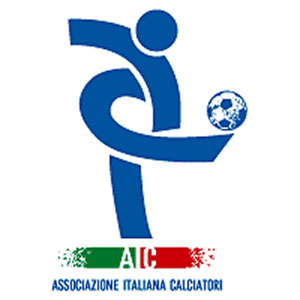

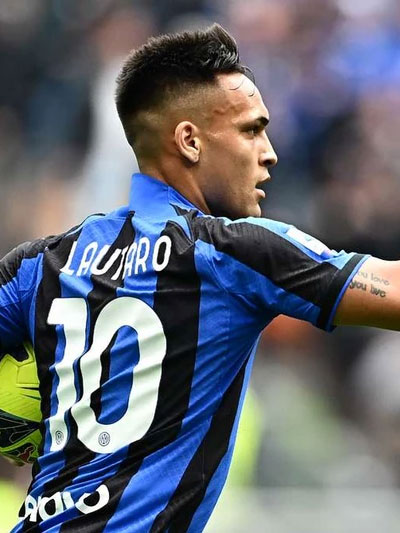

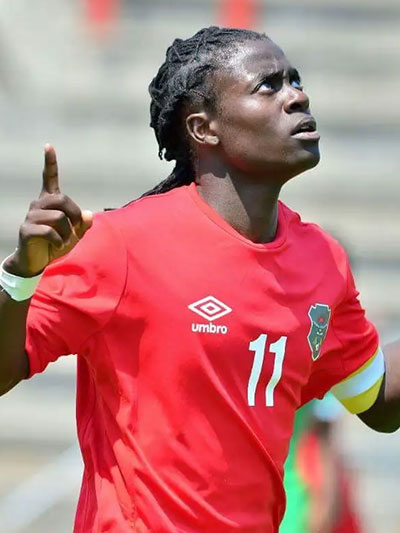
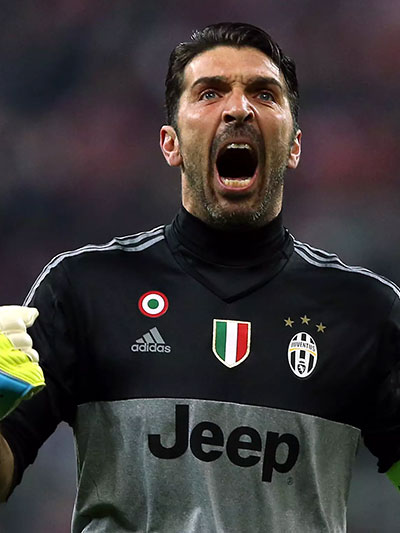
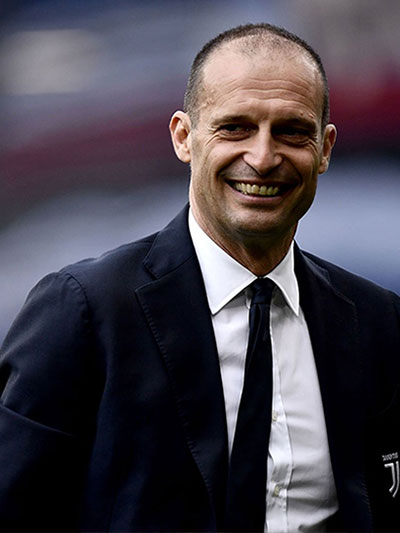
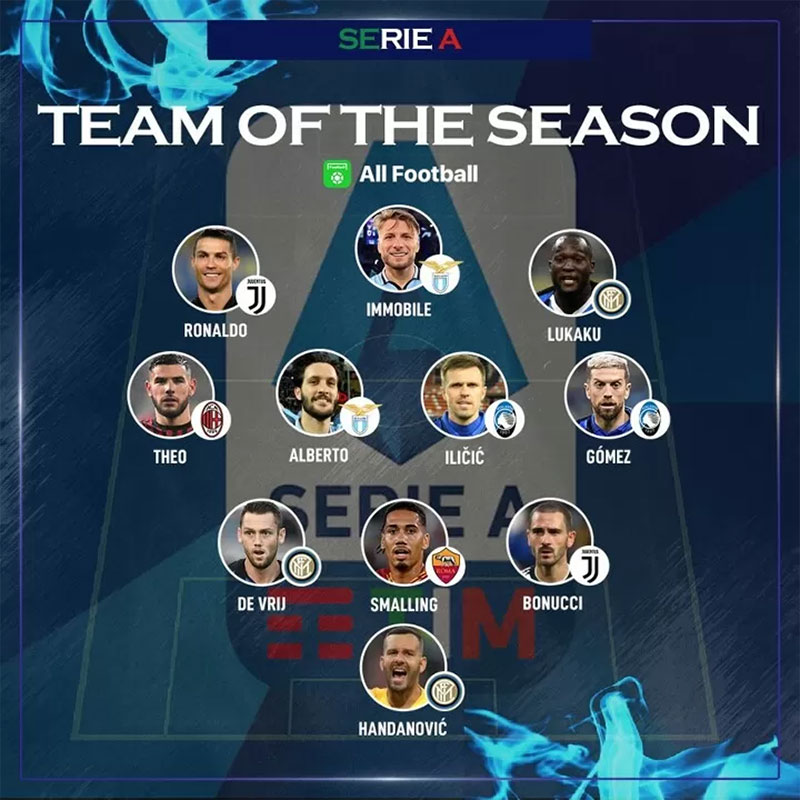
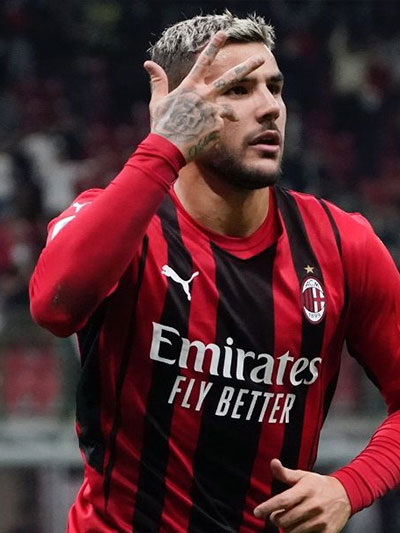
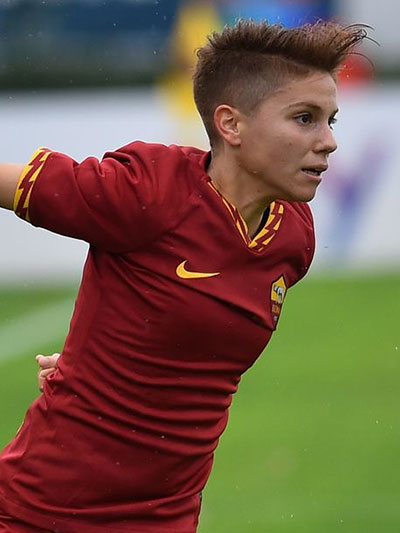
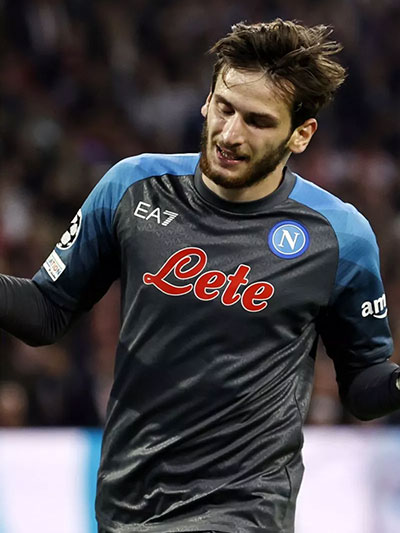

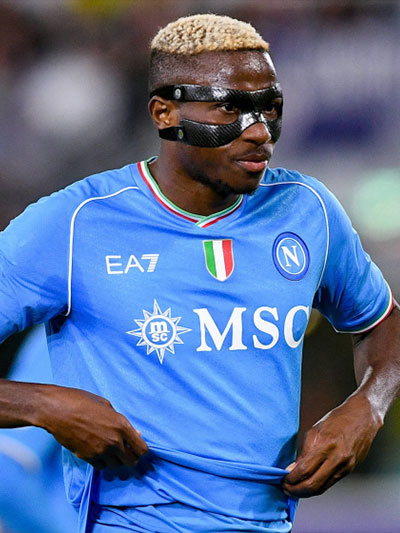
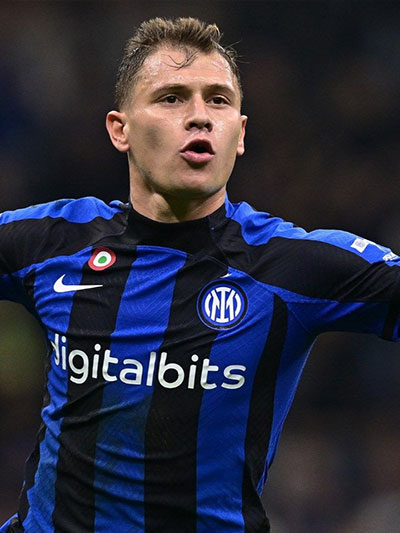
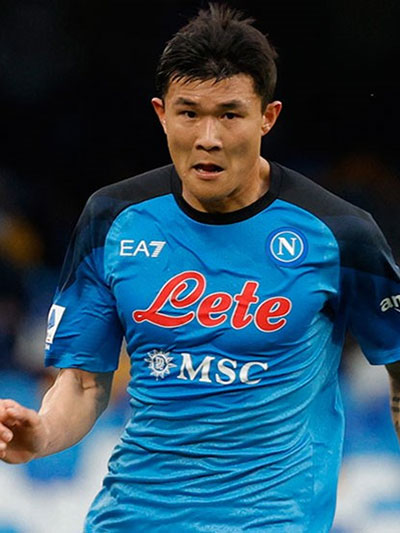
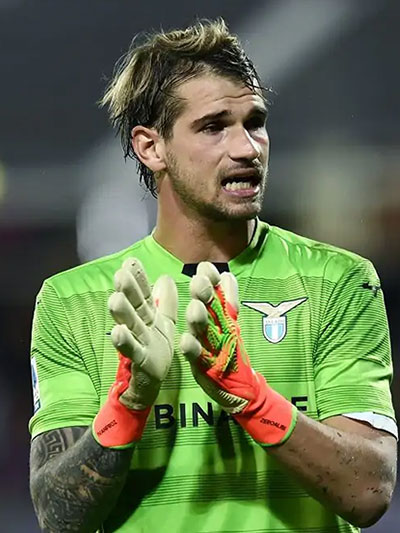
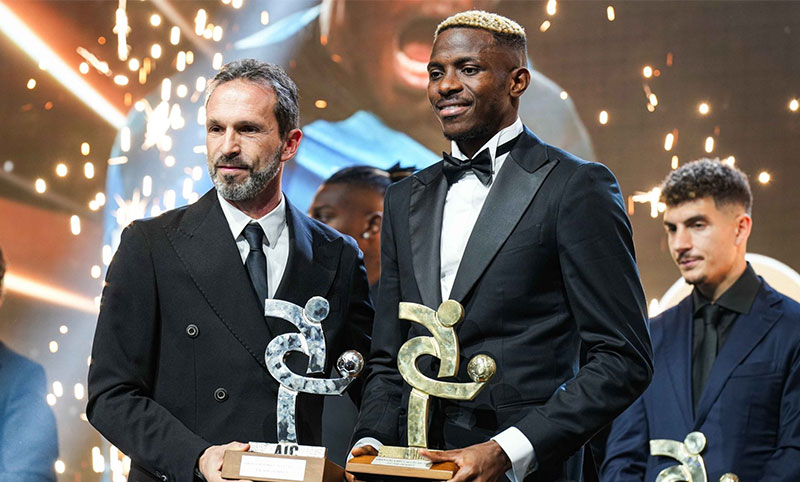
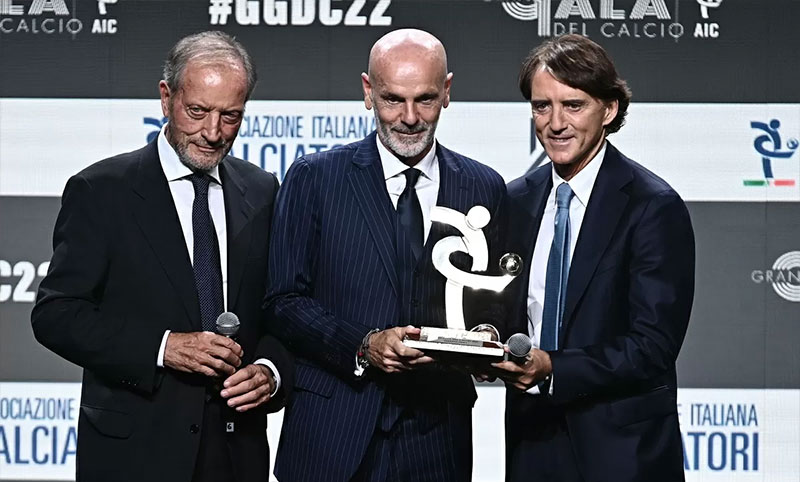
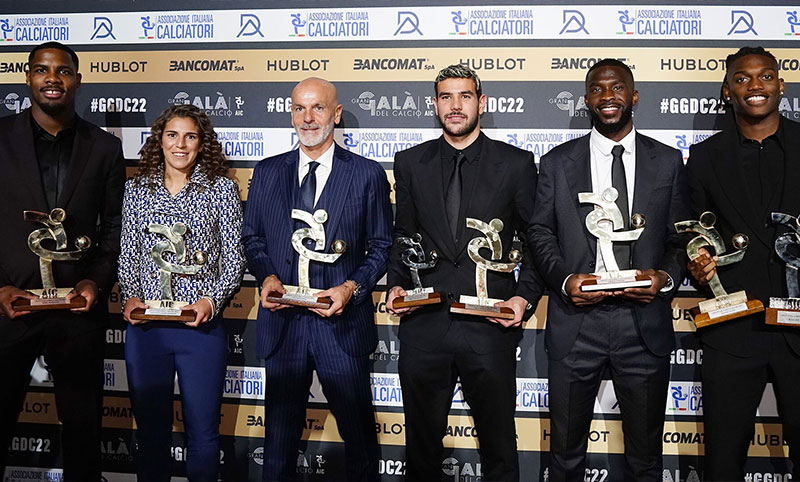
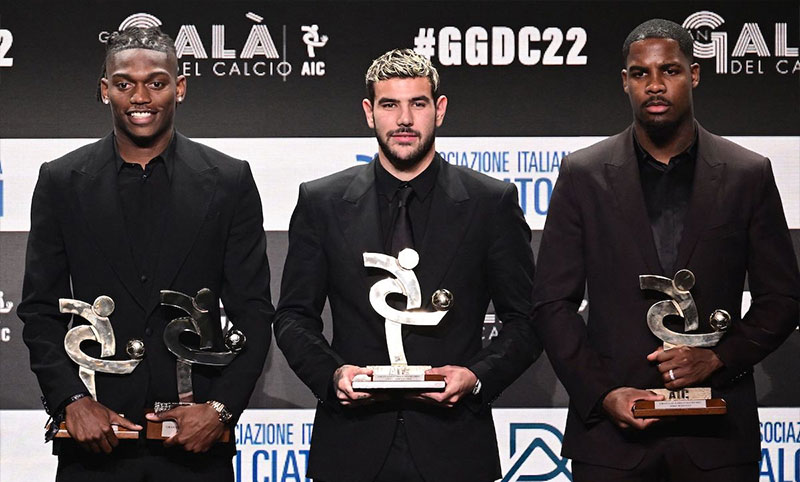
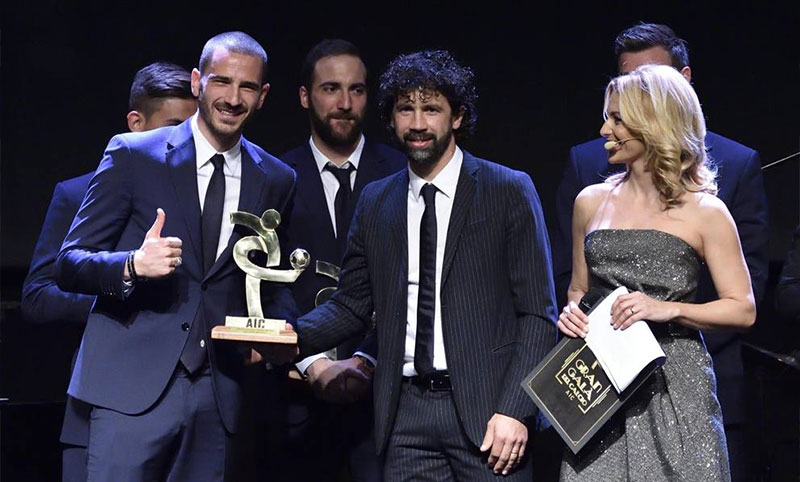
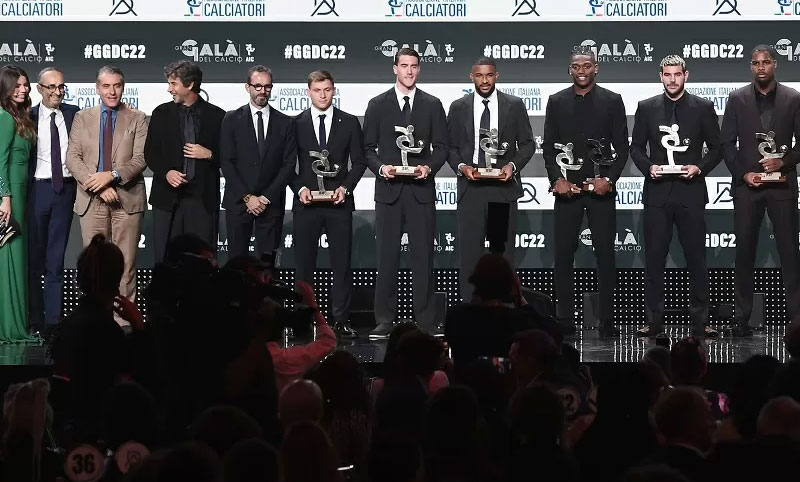
 •Wikipedia
•Wikipedia








